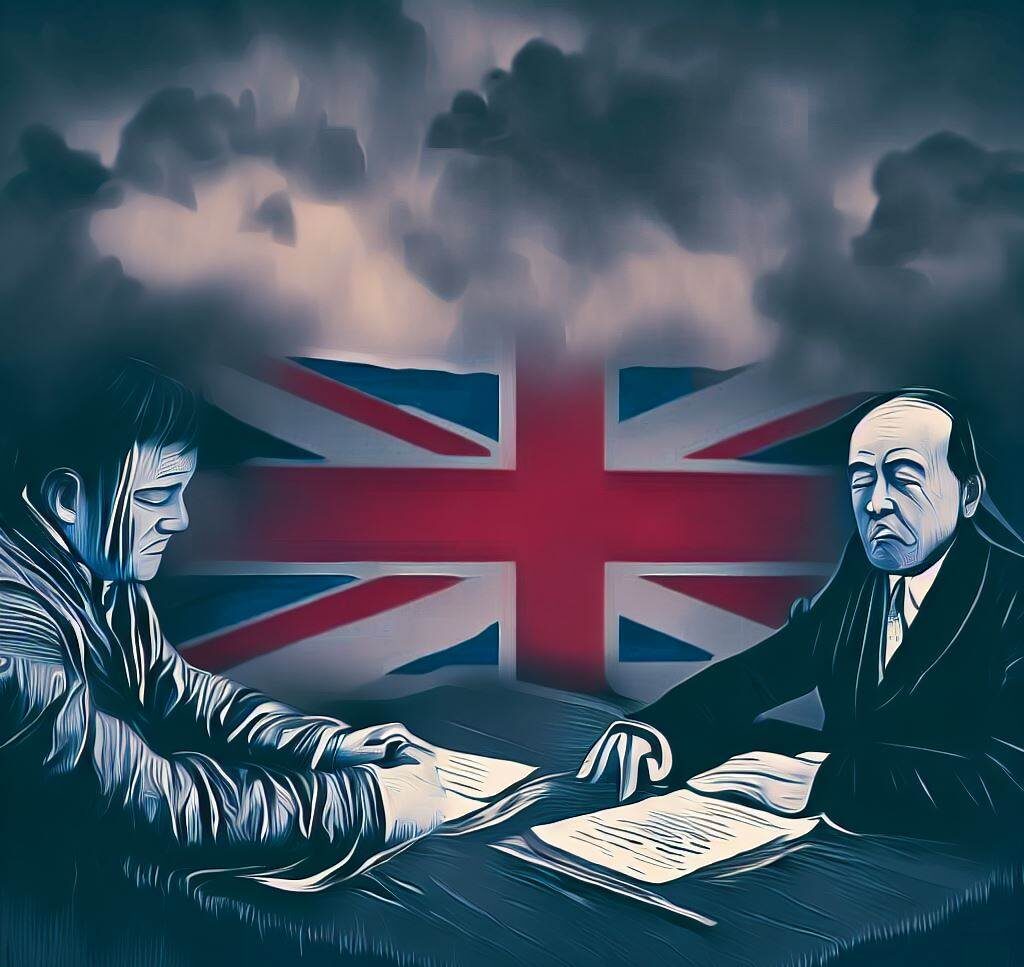The Treaty of Nanking

The Treaty of Nanking
The Treaty of Nanking was a significant event in the history of China. Signed on August 29, 1842, the treaty marked the end of the First Opium War between China and Britain. The treaty was one of the first of the “unequal treaties” imposed on China by foreign powers, and it had far-reaching consequences for China’s relationship with the rest of the world.
Background
The First Opium War was fought between China and Britain over trade imbalances and the illegal opium trade. The British had been smuggling opium into China for years, causing widespread addiction and social problems in the country. The Chinese government, in an attempt to halt the opium trade, seized opium from British traders, leading to military conflict.
After several battles, the British forces emerged victorious and captured several Chinese cities, including Shanghai and Ningbo. The Chinese government was forced to sue for peace, and negotiations began between the two sides.

Terms of the Treaty
The Treaty of Nanking contained thirteen articles, and it granted significant concessions to the British. Some of the key provisions of the treaty included:
- China had to pay an indemnity of 21 million silver dollars to Britain.
- China had to open up five treaty ports (Canton, Amoy, Fuzhou, Ningbo, and Shanghai) to foreign trade.
- Hong Kong was ceded to Britain in perpetuity.
- British citizens were granted extraterritoriality, which meant that they were subject to their own country’s laws rather than Chinese law.
- The treaty established the principle of most-favored-nation treatment, which meant that any concessions granted to one foreign power would automatically be granted to all other foreign powers.
Impact of the Treaty
The Treaty of Nanking had far-reaching consequences for China. It marked the beginning of a period of unequal treaties, where China was forced to grant more and more concessions to foreign powers. The treaty weakened China’s sovereignty and further eroded its power and influence on the global stage.
Furthermore, the opium trade continued to devastate Chinese society, and the treaty did nothing to address this issue. Opium addiction spread rapidly throughout China, and it led to social and economic problems.
Conclusion
The Treaty of Nanking was a significant event in the history of China. It marked the beginning of a long and complicated relationship between China and the rest of the world. The treaty weakened China’s sovereignty and contributed to the decline of the Qing dynasty. Furthermore, it did nothing to address the root causes of the First Opium War, and the opium trade continued to devastate Chinese society for decades to come.








